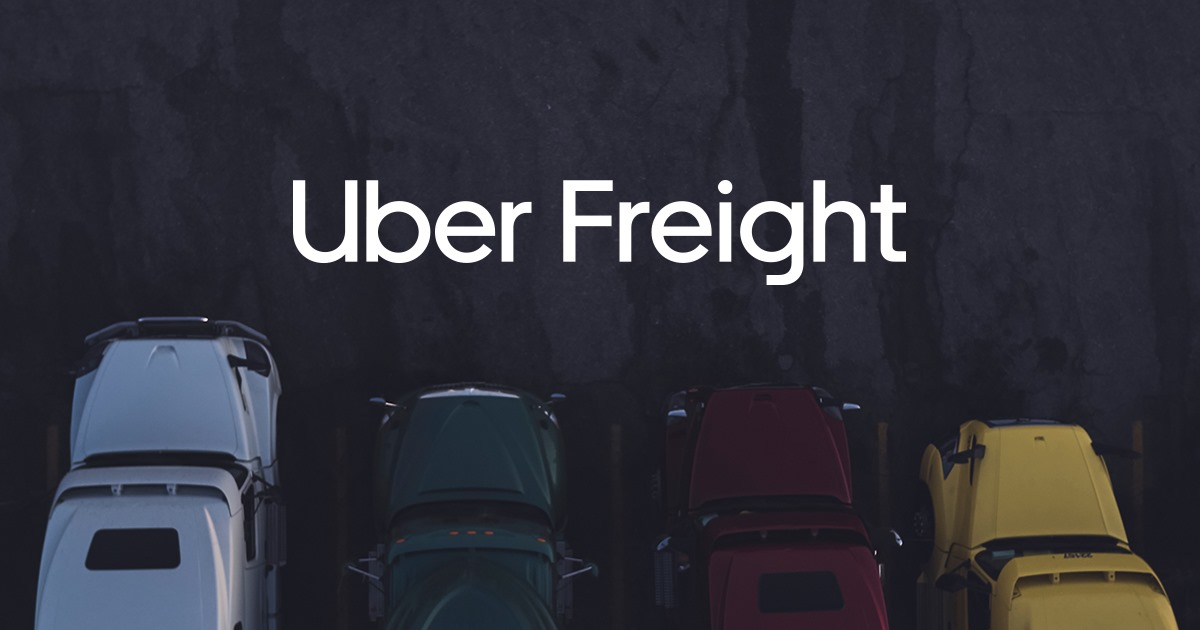What does Uber intend to do on the German freight forwarding market? On which carriers will the platform focus? Freight forwarders in Germany fear that Uber Freight may destroy them.
In response to many concerns and questions from the shipping industry about the impact of digital platforms on their business, the Baden-Württemberg Freight Forwarding Association (VSL-BW) organised a conference on this topic. As part of the “Attack of digital platforms on the transport and logistics industry” event, Carles Lloret, who heads the Freight Forwarders Europe department in Uber Freight, gave a lecture.
“Although Uber is losing billions on the platform, it has managed to automate and optimize the provision of cargo space using artificial intelligence so that traditional forwarding companies have no chance to continue their business,” comments the German transport portal dvz.de.
Money for the carrier within 7 days
German freight forwarders fear that they will lose contact with their customers and be downgraded to the role of ordinary representatives of Uber & Co.
“They want to destroy us,” says Andrea Marongiu, Managing Director of VSL-BW, briefly recapitulating the mood created by the Uber platform in the freight forwarding industry.
In fact, all Internet platforms want to become one: a freight forwarder. They want to transfer the risk to us – we do the transport and they make a profit,” said René Große-Vehiclene, owner of the shipping company of the same name, during a panel discussion.
Although Uber’s representative assured that freight may also be placed on the platform by forwarders, he did not provide information about the terms of payment, states the dvz.de portal. He also admitted that the company first focuses on transport companies that have their own resources. The carrier is to be paid within 7 days for the carriage.
We pay on Tuesdays,” explained the head of Freight Forwarders Europe at Uber Freight.
The reason why Uber Freight decided to operate in the European market, although it differs from the American one, is obvious. It’s all about the money. To be precise, the stake is $400 billion, i.e. the turnover that 570,000 companies in Europe would achieve with a full load. Carles Lloret acknowledged that this was possible thanks to the ‘network connecting senders and carriers’, ‘partnership’ and ‘speed and transparency’. He added that Uber would focus on companies operating a fleet of 30 to 150 trucks.
Traditional freight forwarding will be a thing of the past?
According to Marek Prószyński, global account manager at Trans.eu, freight forwarders acting strictly as intermediaries are likely to fall out of the market.
Those with a broader view of business will become larger or smaller logistics operators offering value-added services. Some of them will become a kind of outsourcing team for shippers, a bit like an external logistics team. Shippers need a partner who will settle all their forwarding activities in the form of a single collective invoice or optimise the processes related to transport management. For those who will not act as intermediaries and work on commissions but on a lump sum for specific services, there will be a place on the market. There will also be some freight forwarding companies that will focus strongly on specialisation. They’ll find a niche big enough to make money from it,” explains Marek Prószyński.
Fast track, short payment terms and, in the case of Uber Freight, a low commission are undoubtedly arguments in favour of using digital instead of traditional forwarding services. Platforms of this type, such as Trans For Forwarders, have algorithms that make them much more productive compared comparing to traditional solutions. These algorithms automatically connect shippers and carriers, which no human being will be able to do in such a short time unless they decide to use this sort of solution.
Will platforms like Uber or Trans For Forwarders actually eliminate freight forwarders from the market? Discussions on this matter will be held during the HyperLog conference by supporters of traditional forwarding with propagators of modern solutions. The conference will also feature a talk by Daniel Buczkowski, General Manager and Head of European Expansion at Uber Freight. Daniel Buczkowski will talk about how to build a network of contacts and contractors in the era of digital logistics. We invite you to take part in this major industry event in Poland this year.
Photo: Uber Freight











